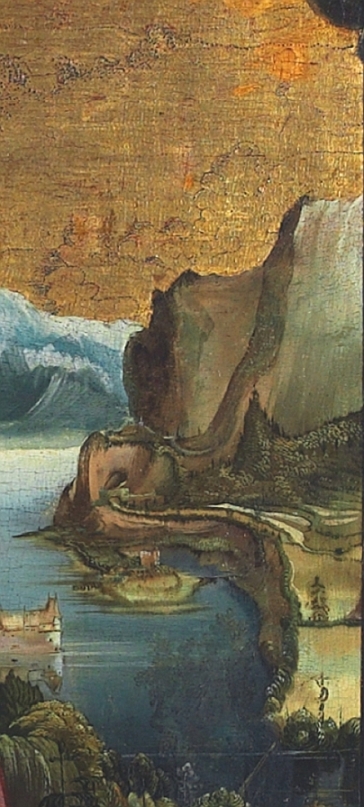Forum Medieval Art History: Peaks – Passages – Ponti, organised by the Deutscher Verein für Kunstwissenschaft, Institut für Kunstgeschichte der Universität Bern, Abegg-Stiftung, Historisches Museum Bern & Burgerbibliothek Bern

Bern – looking out to peaks Eiger, Mönch, and Jungfrau, situated at the border to the Romandy, and having a long-standing tradition in bridge-building – embodies certain notions of translations, entanglements, and interactions. The conference will highlight such themes, focusing on forms and means of exchange, infrastructure, political and religious relationships, and the concrete reflections of these connections through objects. Methodological challenges will also be paramount, such as questioning how to write a history of encounters between artists, artworks, materials, and traditions.
Many mountain regions, and especially the Alps, have a long history as sites of transfers and interferences. Today, mountains and glaciers are the locations revealing most rapidly the consequences of climate change. They raise our awareness of similar changes in the past. Mountain regions were and are traversed by several ecological networks, connecting cities, regions, and countries, as well as different cultures, languages, and artistic traditions. Mountains, with their difficult passages and bridges, structured the ways through which materials and people were in touch. Bridges were strategic targets in conduct of war, evidence of applied knowledge, expression of civic representation, and custom points—both blockades and gates to the world.
Peaks in the historiography of Art History mark moments of radical change within artistic developments, the pinnacles of artistic careers, and high moments in the encounters of different traditions. Since the unfinished project of Walter Benjamin, who obtained his PhD in Bern, the passage has also been introduced as a figure of thought in historiography. The passage describes historical layers as spatial constellations, in which works of art, everyday culture, religious ideas, definitions of periods and theories of history encounter.